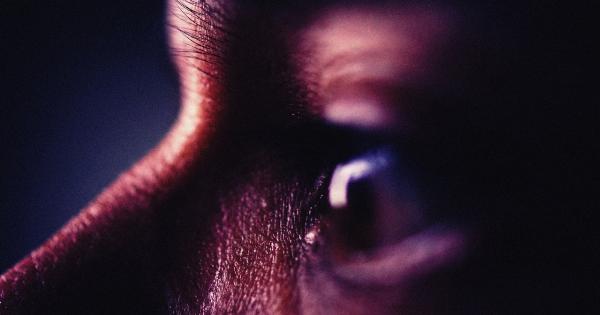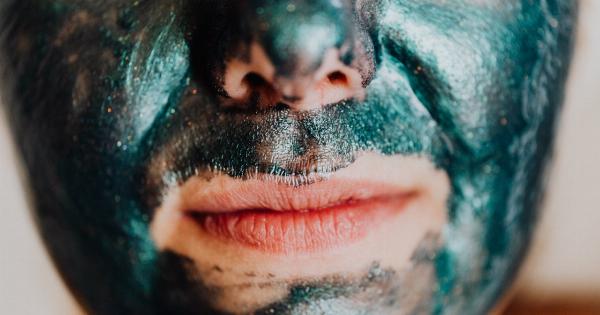Undergoing a rhinoplasty, commonly known as a nose job, is a significant decision that can have a transformative effect on your appearance and self-confidence.
However, in addition to the aesthetic changes, it’s important to be aware of the potential impact of rhinoplasty on your sense of smell and any associated olfactory complaints that may arise post-surgery.
The Relationship Between Rhinoplasty and Olfactory Function
The sense of smell plays a crucial role in our perception of the world, influencing our preferences, memories, and overall quality of life. The olfactory region in our nose contains specialized cells that detect odors and transmit signals to the brain.
This region can be affected during rhinoplasty due to the intricate nature of the surgery.
During a rhinoplasty procedure, the anatomy of the nose may be altered, specifically the nasal passages and sinuses. This can impact the airflow and potentially affect the olfactory function as a result.
However, it is essential to note that not all rhinoplasty procedures lead to olfactory complaints, and the degree of impact can vary from person to person.
Possible Olfactory Complaints after Rhinoplasty
After undergoing a rhinoplasty, some individuals may experience temporary or permanent changes in their ability to smell. Common olfactory complaints that can occur after the procedure include:.
1. Temporary Loss of Smell
One of the most commonly reported olfactory complaints following rhinoplasty is a temporary loss of smell. This can be attributed to swelling, congestion, or disruption of the olfactory nerves during the healing process.
In most cases, the sense of smell gradually returns within a few weeks to months after the surgery.
2. Altered Sense of Smell
Another possible outcome after rhinoplasty is an altered perception of smells. Some individuals may find certain odors to be more intense or distorted, while others may struggle to distinguish between different scents accurately.
These changes in olfactory perception usually resolve over time as the nasal tissues heal.
3. Heightened Sensitivity to Smells
In some cases, rhinoplasty may lead to an increased sensitivity to smells, making certain odors overwhelming or bothersome.
This heightened sensitivity may occur due to changes in the nasal airflow or altered connections between olfactory receptors and the brain. Fortunately, this symptom commonly improves as the nasal tissues settle into their new configuration.
4. Chronic Sinusitis
In rare cases, an individual may develop chronic sinusitis after rhinoplasty. This condition is characterized by persistent inflammation of the sinuses, leading to symptoms such as nasal congestion, facial pain or pressure, and reduced sense of smell.
Proper treatment and management can help alleviate these symptoms and restore normal olfactory function.
Consultation and Communication with Your Surgeon
Understanding the potential impact of rhinoplasty on your sense of smell is crucial when considering the procedure.
During the initial consultation with your surgeon, it is essential to discuss any concerns or questions you may have about olfactory changes post-surgery. This discussion will help you set realistic expectations and determine if rhinoplasty is the right decision for you.
Your surgeon will evaluate your nasal anatomy, including the structure of your nasal passages and the health of your sinuses, to assess the potential impact on your olfactory function.
They can provide you with personalized advice and guidance based on your specific case.
Recovery and Rehabilitation
Recovering from rhinoplasty involves a healing process that takes time. To promote optimal healing and minimize the risk of olfactory complaints, follow your surgeon’s post-operative instructions diligently.
This includes properly caring for your nose, avoiding activities that could disrupt the healing process, and attending all scheduled follow-up appointments.
If you experience any concerns about your sense of smell during the recovery period, do not hesitate to contact your surgeon. They are the best resource to address any queries or issues that may arise during your healing journey.
Conclusion
Rhinoplasty can significantly enhance your facial appearance and boost your self-confidence. However, it is crucial to be aware of the potential impact on your sense of smell and the associated olfactory complaints that may occur after the surgery.
While most olfactory changes are temporary and resolve over time, it is important to discuss these possibilities with your surgeon and follow their guidance for a smooth and successful recovery.























